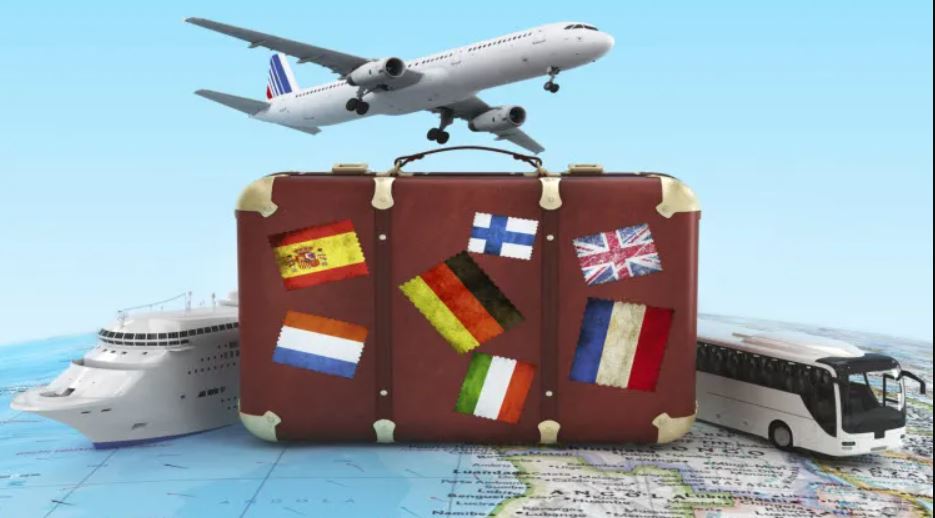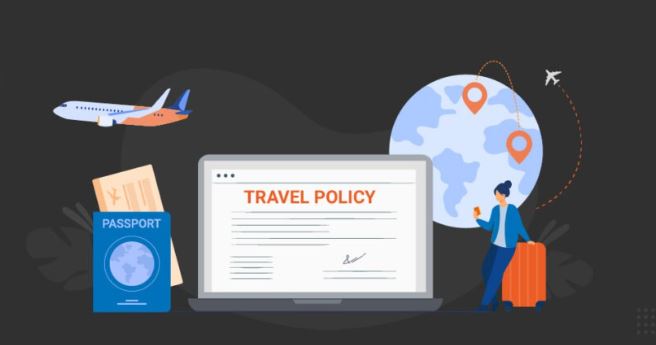Business travel is an essential component of many professional lives, providing opportunities for networking, meetings, and collaboration. However, ensuring your safety while on the road is paramount. This guide offers valuable tips and insights to help you travel safely and seamlessly for business.
Pre-Trip Planning:
a. Research Your Destination:
Familiarize yourself with the local culture, customs, and laws.
Identify any travel advisories or security concerns.
b. Accommodation Selection:
Choose reputable hotels with good security measures.
Read reviews from fellow business travelers for insights.
c. Itinerary Sharing:
Share your travel itinerary with colleagues or family members.
Provide emergency contact information.
Packing Wisely:
a. Essentials:
Pack essential items such as chargers, medications, and important documents.
Keep a copy of your passport and important contacts.
b. Travel Insurance:
Invest in comprehensive travel insurance that covers medical emergencies and trip cancellations.
c. Technology Security:
Password-protect your devices and enable two-factor authentication.
Avoid saving sensitive information on public computers.
Transportation Safety:
a. Airport Security:
Arrive early to allow time for security checks.
Keep important documents easily accessible.
b. Ground Transportation:
Use reputable transportation services.
Be cautious with sharing personal information with drivers.
c. Navigation Apps:
Use reliable navigation apps for directions.
Stay updated on traffic and local news.
Personal Safety:
a. Awareness:
Stay vigilant in unfamiliar surroundings.
Be cautious of your surroundings, especially in crowded areas.
b. Emergency Contacts:
Program local emergency numbers into your phone.
Know the location of the nearest embassy or consulate.
c. Health Precautions:
Carry a basic first aid kit.
Be cautious with local food and water to avoid health issues.
Data Security:
a. Secure Networks:
Avoid using public Wi-Fi for sensitive transactions.
Use a virtual private network (VPN) for added security.
b. Data Backups:
Regularly back up important files to the cloud or an external device.
Encrypt sensitive documents before travel.
Crisis Preparedness:
a. Emergency Plan:
Familiarize yourself with the emergency exits in your accommodation.
Have a plan in case of unexpected events.
b. Communication Strategy:
Establish a communication plan with colleagues or family during the trip.
Have a reliable means of communication in case of emergencies.









